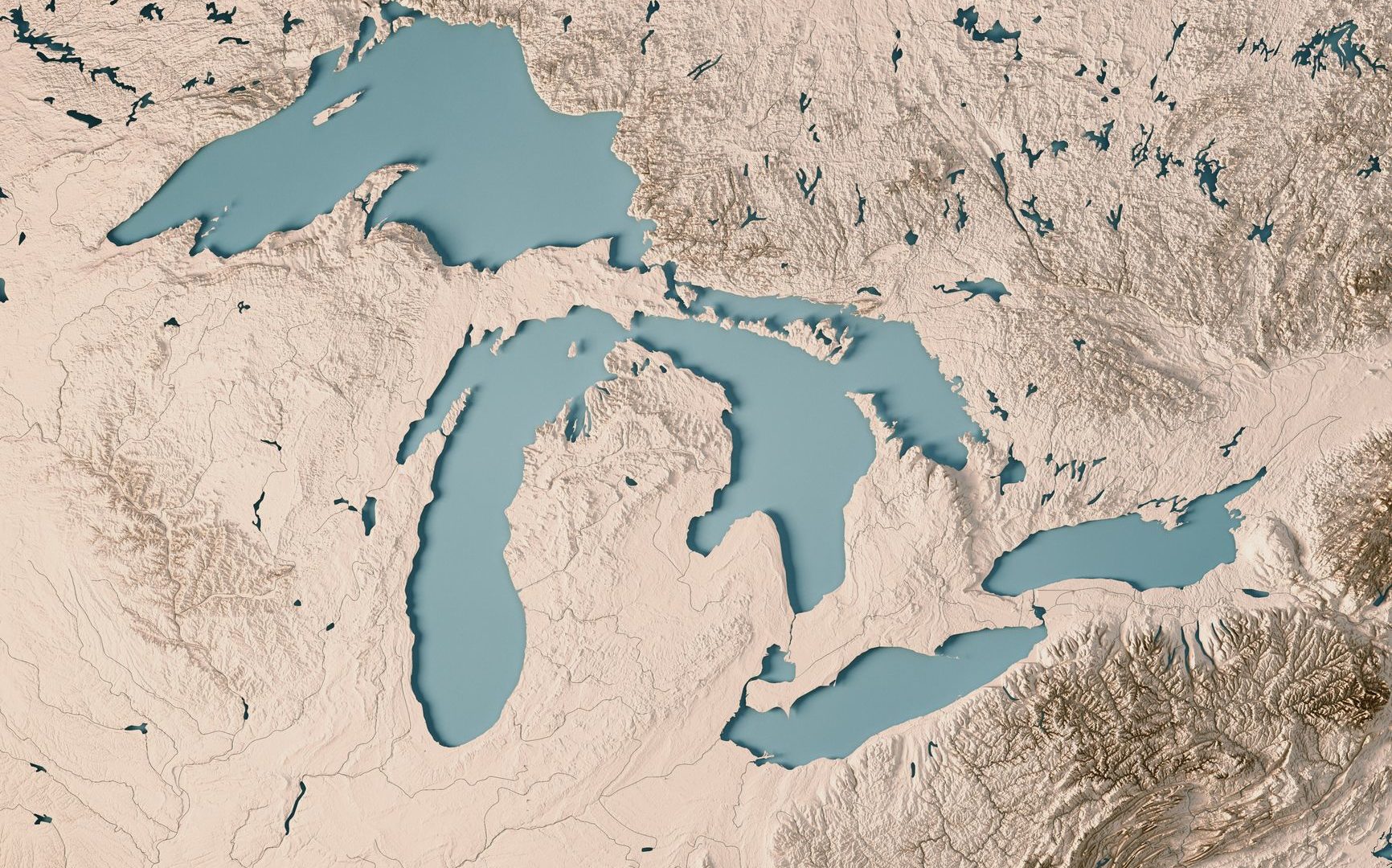Canada and the United States have invested more than US$22.8 billion over the last 35 years to restore Areas of Concern throughout the Great Lakes, according to a new study.
The study, published in the Journal of Great Lakes Research, found that the money has been well-spent. Every dollar that was invested in cleanup catalyzed more than $3 worth of community revitalization.
The authors, including McMaster University’s Gail Krantzberg, said that investing in pollution prevention will avoid substantial future cleanups in the long run.
“Remedial Action Plans to restore health to Great Lakes waterfront communities require that organizations and citizens work together to accomplish shared goals,” said Gail Krantzberg, a professor at McMaster University who specializes in Great Lakes science, policy, and governance.
“These are unprecedented collaborations of international significance, where creative, shared responsibilities stimulate and sustain advances in the clean-up of local waterways, raise public awareness of individuals’ responsibilities, create jobs for a green future, and unite a community around a shared purpose, which make the lakes truly great,” added Krantzberg.
Paul Sibley, president of the International Association for Great Lakes Research, said the study showed clearly how a strong foundation of federal environmental laws, combined with locally led cleanup processes, can achieve restoration of the most polluted areas of the Great Lakes and catalyze waterfront community revitalization.
“Lessons learned from this research will be helpful to all groups working to clean up polluted waterways and revitalize communities,” Sibley said.
Great Lakes Remedial Action Plan (RAP) Program
The study traced the history of the Great Lakes Remedial Action Plan (RAP) program from its 1985 origin in a recommendation of the International Joint Commission’s Great Lakes Water Quality Board. It also identified what has been accomplished and learned over the last 35 years.
The incorporation of RAPs in the Great Lakes Water Quality Agreement in 1987 gave legitimacy to cleanup efforts in Areas of Concern (AOC) and provided a laser focus to all stakeholders to work together to restore impaired beneficial uses.
Cleanup of the 43 AOCs around the Great Lakes required the establishment and continual adjustment of networks of community members. The networks focused on reaching consensus among stakeholders, coordinating efforts, and ensuring that the results promoted restoration of impaired beneficial uses.
Even with the compelling case of the Great Lakes being a continentally and globally significant natural resource, cleanup has proven incredibly challenging.
For RAP coordinators and other key AOC staff and stakeholders, the process has required considerable patience and perseverance. In general, assessment of problems and causes, and planning, dominated the first 10 to 15 years.
Funding for restoration
Major, dedicated funding for implementation of remedial and restorative actions was not provided in the United States until the enactment of the Great Lakes Legacy Act in 2002 and the establishment of the Great Lakes Restoration Initiative in 2010.
In Canada, early funding was provided through the Great Lakes Cleanup Fund in the late 1980s, replaced by the Great Lakes Sustainability Fund in 2000, and then by the Great Lakes Protection Initiative in 2017.
An important funding initiative in Canada was, and still is, the Canada Ontario Agreement Respecting the Great Lakes Water Quality and Ecosystem Health. It was first signed in 1971 and has been updated every five to seven years. It was most recently signed in 2020.









